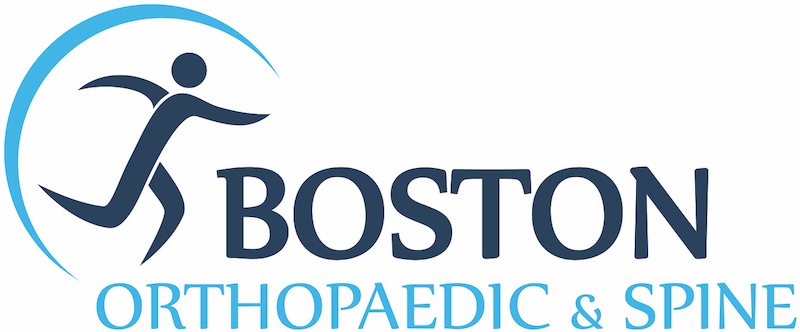Exploring the Underlying Causes of Elbow Pain
Common Causes & Treatment Options for Chronic Elbow Pain
All blogs reviewed by Physicians for accuracy.
To gain a clearer insight into potential elbow issues you might be facing, it can be helpful to consider the nature of their onset. Typically, conditions can be broadly categorized based on whether they resulted from direct physical impacts—such as accidents or falls—or from non-impact related factors like overuse or chronic medical conditions. Understanding this distinction can often illuminate the type of elbow issue at hand.
Remember, the following are potential conditions and treatments that are common. A trusted orthopedic provider specializing in upper extremity (link to providers and elbow pages here) should be consulted for an accurate diagnosis and treatment plan. If you need an appointment, please click this link here.
Let’s first look at impact-related conditions.
Impact-Related Conditions:
Elbow Fractures: These can occur from a fall, a direct impact to the elbow, or a twisting injury to the arm. Fractures can lead to chronic pain if not properly treated or if they heal incorrectly.
Treatment: Most elbow fractures require immobilization with a cast or splint to allow the bone to heal. Severe fractures may require surgery to align the bone fragments, followed by physical therapy to regain function.
Elbow Dislocation: A dislocation occurs when one of the bones that form the elbow gets knocked out of place, often from a fall or direct impact.
Treatment: Dislocations are usually treated by a procedure known as a reduction to put the bones back in their proper alignment. After reduction, the elbow may be immobilized with a splint or cast. Physical therapy may be necessary to restore normal function.
Post-Traumatic Arthritis: This can develop after an injury to the elbow, such as a fracture or dislocation.
Treatment: Initial treatment may involve pain management with over-the-counter pain relievers, physical therapy, and possibly steroid injections. If these measures fail, surgery may be necessary to repair or replace the joint.
Non-Impact Related Conditions:
Tennis Elbow (Lateral Epicondylitis): This condition is caused by overuse of the arm, forearm, and hand muscles, leading to elbow pain.
Treatment: Rest, physical therapy, pain relievers, and braces can help. In some cases, steroid injections or surgery may be necessary.
Golfer’s Elbow (Medial Epicondylitis): Similar to tennis elbow, this affects the inside of the elbow and is often the result of overuse.
Treatment: Similar to tennis elbow, treatment involves rest, physical therapy, pain relievers, and possibly steroid injections or surgery.
Cubital Tunnel Syndrome: This condition is caused by increased pressure on the ulnar nerve, which can lead to numbness and tingling in the hand and elbow pain.
Treatment: Initial treatment can involve physical therapy, splinting, and avoiding activities that cause symptoms. If these measures don’t help, surgery may be necessary.
Osteoarthritis of the Elbow: This is a type of arthritis that occurs when the flexible tissue at the ends of bones wears down. It can affect the elbow and cause chronic pain.
Treatment: Treatment can involve physical therapy, over-the-counter pain relievers, and sometimes surgery.
Rheumatoid Arthritis: This is an autoimmune disease that can cause chronic inflammation of the joints, including the elbows.
Treatment: Treatment usually involves medications to reduce inflammation and slow the progression of the disease, physical therapy, and sometimes surgery.
Bursitis: This is inflammation of the bursa, a fluid-filled sac that helps reduce friction in the elbow joint.
Treatment: Rest, ice, and nonsteroidal anti-inflammatory drugs (NSAIDs) can help reduce inflammation. If the bursitis is caused by an infection, antibiotics may be required. In severe cases, the bursa may need to be surgically drained.
Remember, these are potential conditions and treatments. A trusted orthopedic provider specializing in upper extremity (link to providers and elbow pages here) should be consulted for an accurate diagnosis and treatment plan.
